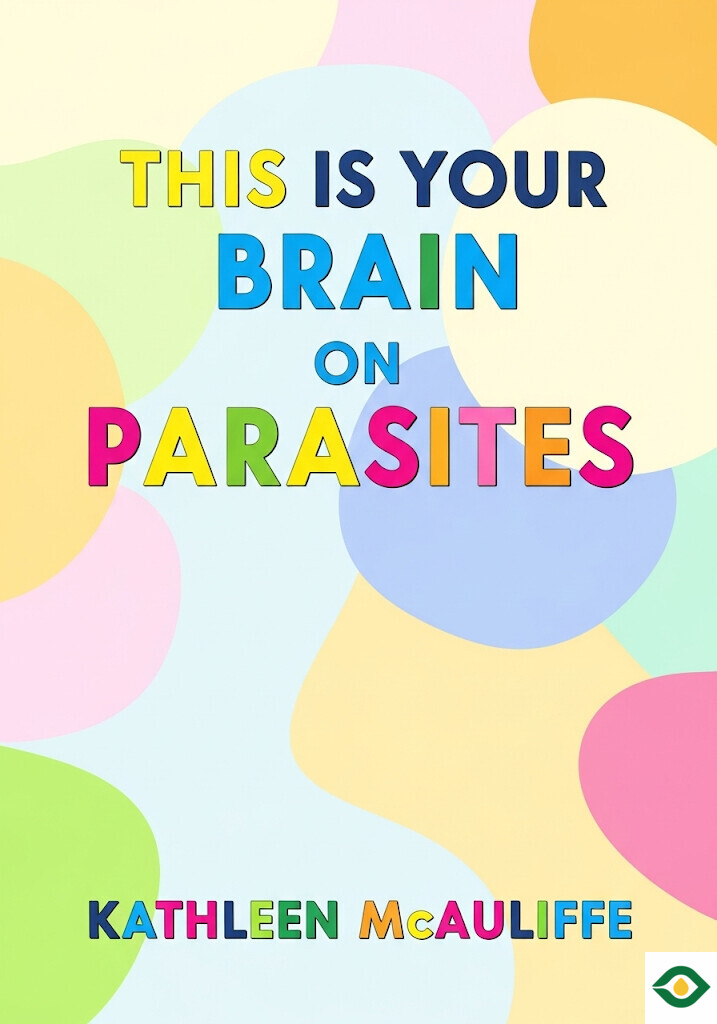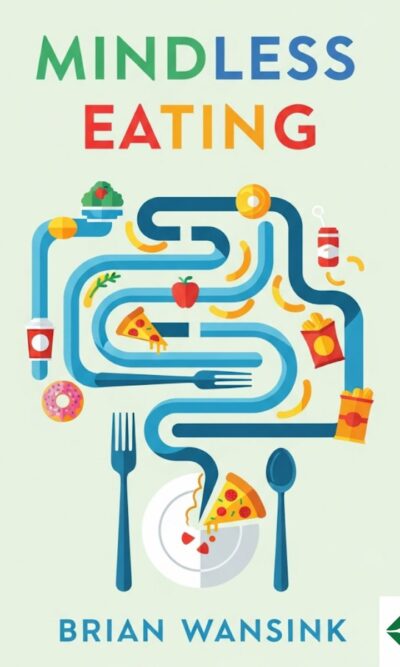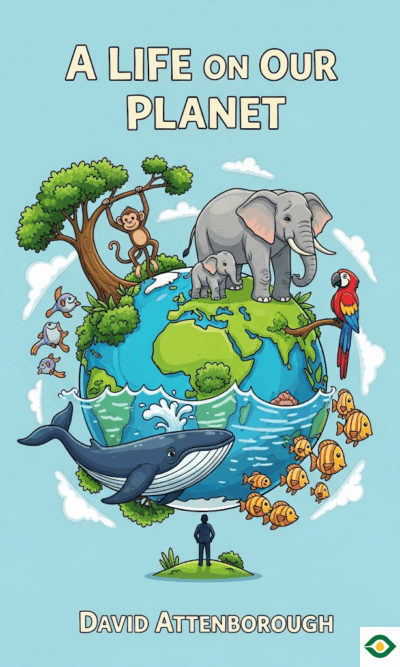Description
Parasites are some of the most underestimated creatures in existence. They are invisible most of the time, but their presence shapes human life in surprising ways. From the viruses that spread every winter to the microbes that live peacefully in our guts, parasites have been our companions since the beginning of time. Some destroy us, some control us, and some even support our survival. To understand the human story fully, we must also understand the role of parasites.
For thousands of years, humans have fought an invisible war against these microscopic invaders. Our bodies developed many defenses to fight them: skin to keep them out, stomach acid to burn them, tears and mucus to push them away. But parasites are clever. They reproduce quickly, adapt fast, and can outnumber us with ease. History shows just how deadly they can be. The bubonic plague wiped out a third of Europe, while smallpox and measles killed huge numbers of Indigenous people in the Americas. Even in the last century, the Spanish flu claimed more lives than World War I. These events remind us that parasites, though tiny, can alter the course of civilizations.
But parasites don’t only attack the body. They also change behavior. Many parasites depend on influencing their hosts to survive. For example, worms that live in shrimp turn their shells pink, making them easy prey for flamingos. When the birds eat the shrimp, the worms move on to their next stage of life. In humans, the Guinea worm shows just how manipulative parasites can be. The female worm grows inside the body until it causes a painful blister on the leg. To relieve the burning, people instinctively step into water—exactly what the parasite needs. The worm then bursts through the skin, releasing eggs back into the water to continue its life cycle. The parasite hijacks human instincts for its own survival.
Parasites can even control the brain. The jewel wasp provides a chilling example. This insect stings a cockroach in just the right spot, turning it into a zombie. The roach loses the ability to move on its own, and the wasp can lead it like a pet into a burrow. There, the wasp lays eggs on the living but helpless roach, which becomes food for the young larvae. This is not science fiction—it is real biology. Humans, too, are vulnerable. Some parasites, like roundworms, can travel through the brain and impair memory, learning, and intelligence. It is unsettling to realize that unseen creatures can alter thought and behavior.
Not all parasites are villains, though. Many of them are partners in our survival. Our gut is home to trillions of bacteria that help us digest food and regulate emotions. Scientists call it the “second brain” because it contains more nerve cells than the spinal cord and communicates directly with the brain. These tiny organisms release chemicals like serotonin and dopamine, which affect our moods. Studies show that people who consume probiotics, such as yogurt with live bacteria, often respond more calmly to negative emotions. In other words, the microbes in our stomach can shape how we feel and how we think.
Beyond biology, parasites have influenced human culture. Anthropologists have found that societies with high rates of infection often develop stricter rules and more collective behaviors. Along the equator, where parasites are common, cultures tend to be more group-oriented and cautious. Spicy food is more popular in these regions because spices can kill harmful bacteria in meals. Rituals like handwashing before prayer or bowing instead of shaking hands may have roots in parasite avoidance. Even patterns of introversion and social caution may have evolved as ways to minimize exposure to infection.
The truth is, parasites are everywhere—inside us, around us, and throughout history. They kill millions, but they also protect us, guide our cultures, and even influence our emotions. Our relationship with them is not simple. Some are enemies, some are allies, and some are both at the same time. Without parasites, humans would not be who we are today.
The lesson is clear: the world is not only shaped by the strong and the visible, but also by the tiny and the unseen. Parasites remind us that life is deeply interconnected. They reveal that even the smallest creatures can change the path of evolution, the structure of societies, and the balance of emotions within a single human being.
In short, parasites are not just passengers in the story of life—they are active authors of it.





